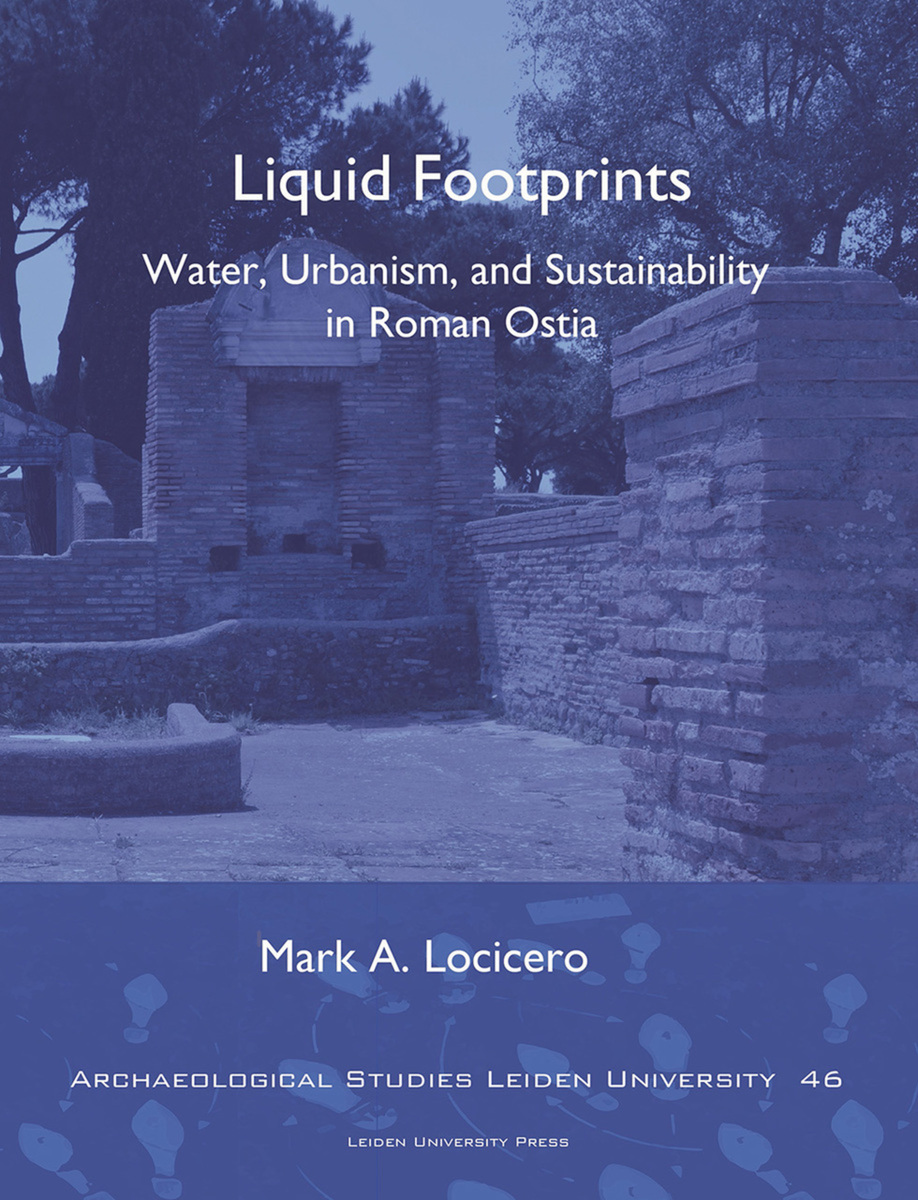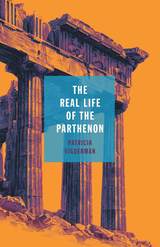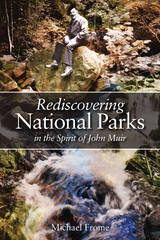Liquid Footprints: Water Urbanism, and Sustainability in Roman Ostia
Leiden University Press, 2019
Paper: 978-90-8728-323-0
See other books on: Archaeology | Social Science | Sustainability
See other titles from Leiden University Press
Paper: 978-90-8728-323-0
ABOUT THIS BOOK | AUTHOR BIOGRAPHY
ABOUT THIS BOOK
Liquid Footprints examines the archaeological evidence from three city blocks in Ostia, focusing on elements of the water systems identified by past excavations and within unpublished archival material. Inspired by the diversity of research approaches currently used to assess the sustainability of water in contemporary cities, this study developed the Roman Water Footprint, which diachronically assesses changes to all parts of a hydraulic system (supply, usage, drainage). At the same time, the Roman Water Footprint calculates socio-cultural expressions of water usage, and uses paleo-environmental data to highlight the dynamic natural presence of water. The use of the Roman Water Footprint offers a new look at the wider context of ancient water systems and how they changed over time. This study opens a dialogue between first and twenty first century successes and failures in our urban relationship with water.
See other books on: Archaeology | Social Science | Sustainability
See other titles from Leiden University Press












